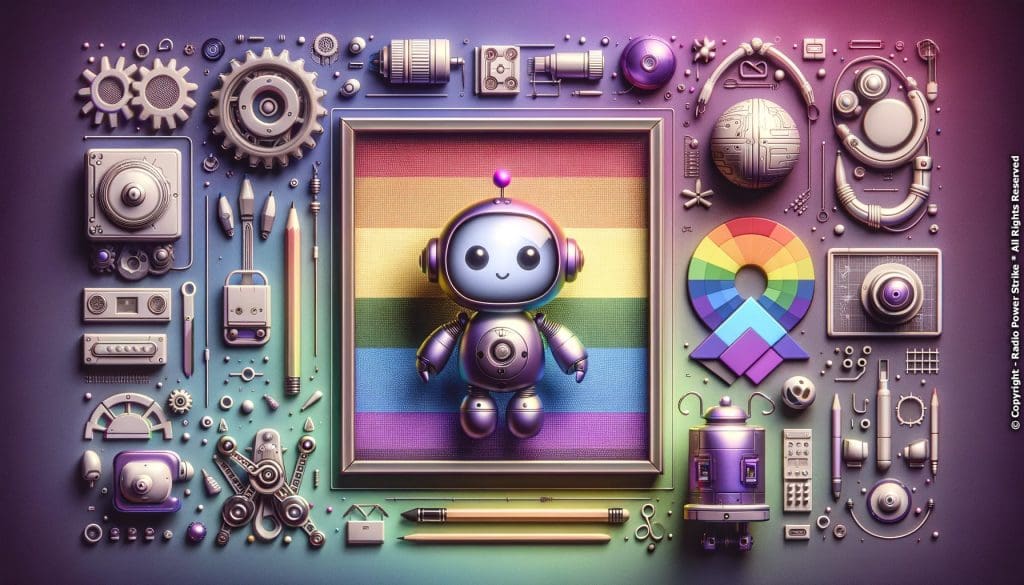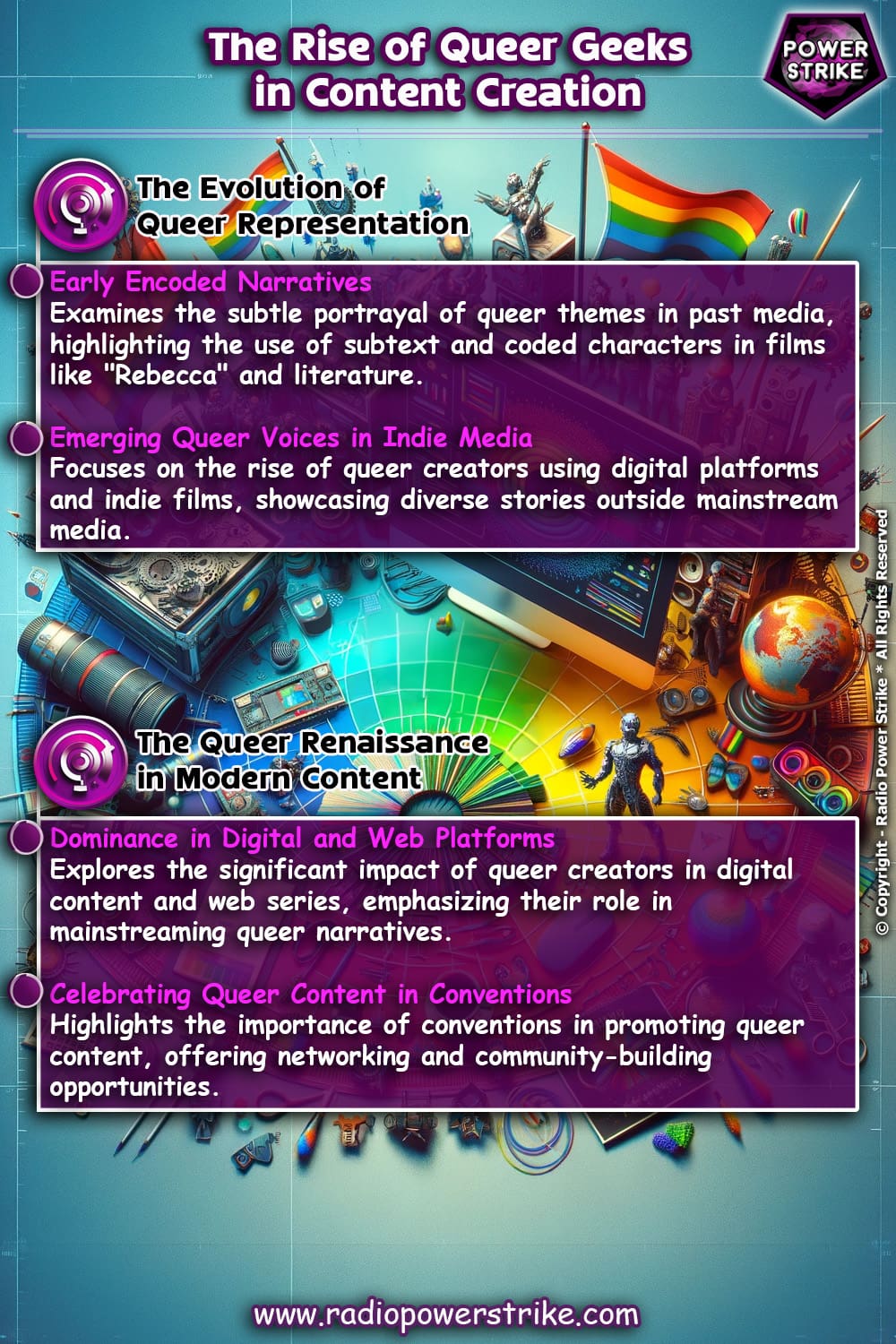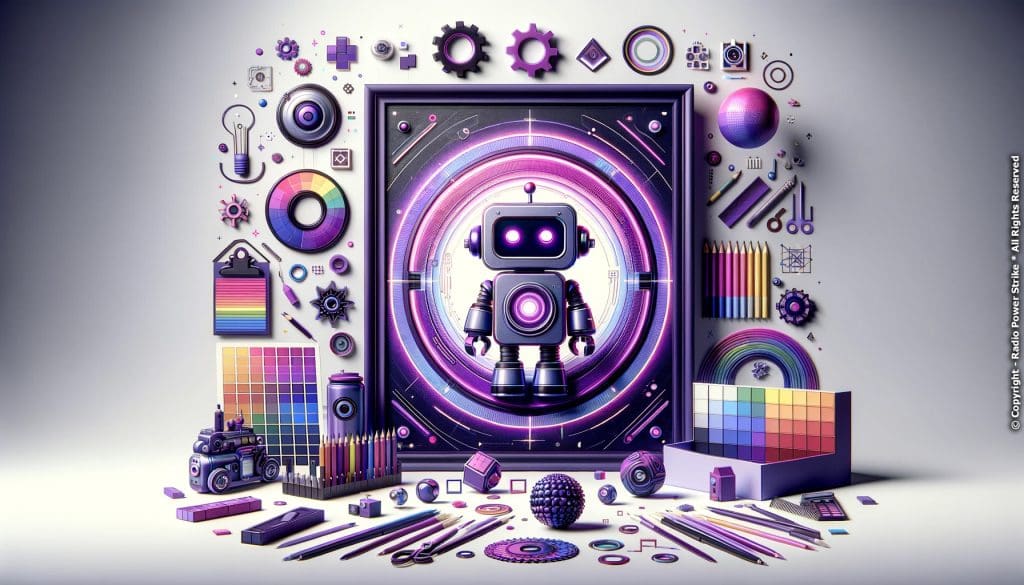From Fans to Creators: Queer Geeks Taking the Lead in Content Creation
The Rise and Influence of LGBTQIA+ Voices in Modern Media

For years, queer geeks found solace in the world of content, identifying with subtle undertones and finding representation where they could. However, the tides have turned, and these very fans now stand at the forefront of content creation. From movies and TV shows to digital content and podcasts, LGBTQIA+ creators are carving out spaces, sharing stories that resonate deeply with audiences worldwide. This exploration sheds light on this commendable transition and its profound impact on the world of entertainment and beyond.

An Era of Subtext and Coded Characters
The past often saw queer narratives hidden in the shadows, with characters and stories shrouded in subtext. Queer fans would decipher these hints, finding representation in coded characters and ambiguous relationships.
Movies like “Rebecca” or “Strangers on a Train” had elements that queer audiences could resonate with, even if they weren’t overtly out there. Similarly, literature had its fair share of hidden narratives, with authors often using pseudonyms to discuss queer themes, hoping to reach out to those in the know.
These veiled portrayals often became cultural touchstones for the queer community, sparking discussions, fan theories, and a yearning for more overt representation. The hunt for these hidden gems became a communal activity, forging connections among fans and creating a subculture of its own.
Breaking Boundaries: Queer Creators Emerge
With time and societal progression, queer creators started emerging from the backdrop, translating their personal experiences into compelling narratives. Web series, indie films, and digital platforms became the launchpad for these voices, providing a more welcoming space than traditional media.
For instance, the web series “Carmilla”, inspired by a gothic novella, showcased a lesbian vampire narrative. Its popularity paved the way for more content that was both queer and mainstream. Podcasts too saw a surge in queer narratives. “Welcome to Night Vale”, with its blend of supernatural occurrences and LGBTQIA+ relationships, became a cult favorite.
In addition to these, platforms like Tumblr and Wattpad saw a surge in LGBTQIA+ stories. Emerging writers found these platforms to be accepting, allowing them to experiment with narratives that mainstream publishers often shied away from.
The Modern Landscape: A Queer Renaissance

Today, queer geeks are not just consumers but significant contributors to the content creation industry. Their influence is evident across platforms, from YouTube channels to bestselling novels and hit TV series.
Shows like “Pose” delve deep into the lives of transgender individuals, providing a raw, unfiltered look at their challenges and triumphs. On YouTube, creators like Tyler Oakley or Hannah Hart discuss queer issues, lifestyles, and pop culture, amassing millions of followers. The modern age of content creation celebrates diversity, with queer creators leading the charge, ensuring authentic representation and inclusive narratives.
Furthermore, conventions and events dedicated to queer content have seen a rise. These spaces not only celebrate queer creators but also provide networking opportunities, fostering collaboration and pushing for a more inclusive entertainment industry.
The journey from decoding subtextual content to crafting influential narratives has been transformative for queer geeks. They’ve transitioned from being mere spectators to powerful creators, leaving an indelible mark on the content creation landscape. As they continue to rise, they not only enrich the media world with their unique perspectives but also inspire future generations to tell their stories, unapologetically and authentically. The legacy they are building will undoubtedly shape the narratives of tomorrow, making the entertainment landscape richer and more inclusive.

Comments are closed, but trackbacks and pingbacks are open.